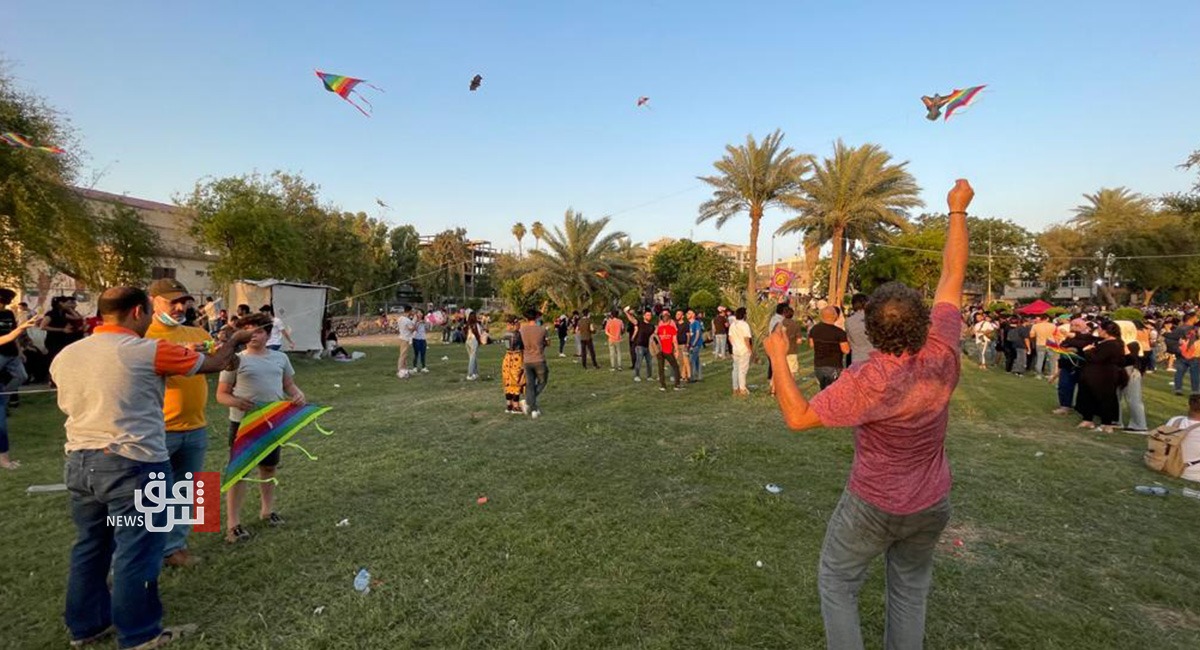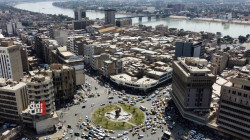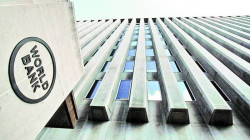World Bank: electricity shortages limit growth in the non-oil sector in Iraq

Shafaq News / Economic growth in the Mena region is forecast to accelerate to 5.3% in 2022 before slowing to 3.6% in 2023, as against global growth which is expected to slump from 5.7% in 2021 to 2.9% in 2022— significantly lower than 4.1% that was anticipated in January, said the World Bank in a new report.
The current rebound in Mena is due mainly to strong growth in oil exporters boosted by rising oil revenues and a general waning of the pandemic’s adverse impacts in highly vaccinated countries, according to the World Bank’s latest Global Economic Prospects report.
Growth is expected to slow subsequently, however, as unresolved structural challenges and feeble fixed investment limit potential growth. Iraq’s GDP is forecast to grow by 8.8% in 2022, driven by a rebound in the oil sector as Opec+ production limits are phased out. However, electricity shortages, aggravated by energy import disruptions, and absorptive capacity constraints limit growth in the non-oil sector.
Risks to growth remain to the downside. Increasing uncertainty, including through food and oil price and financial market volatility, could undermine consumption, investment, and capital flows in the region. Further increases in food inflation, already at decade highs, could erode real incomes undermining food security and increasing the incidence of undernourishment and negative coping strategies.
Faced with a series of shocks, reform momentum has dissipated in the region, and the private sector is not investing. This, combined with high debt levels and limited fiscal space, and falling purchasing power, increase vulnerabilities particularly in oil importing economies.





